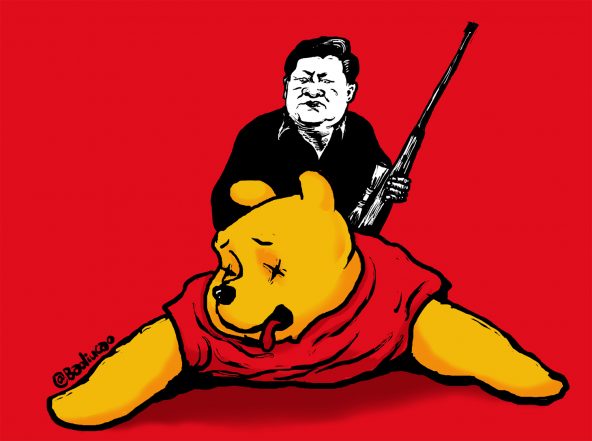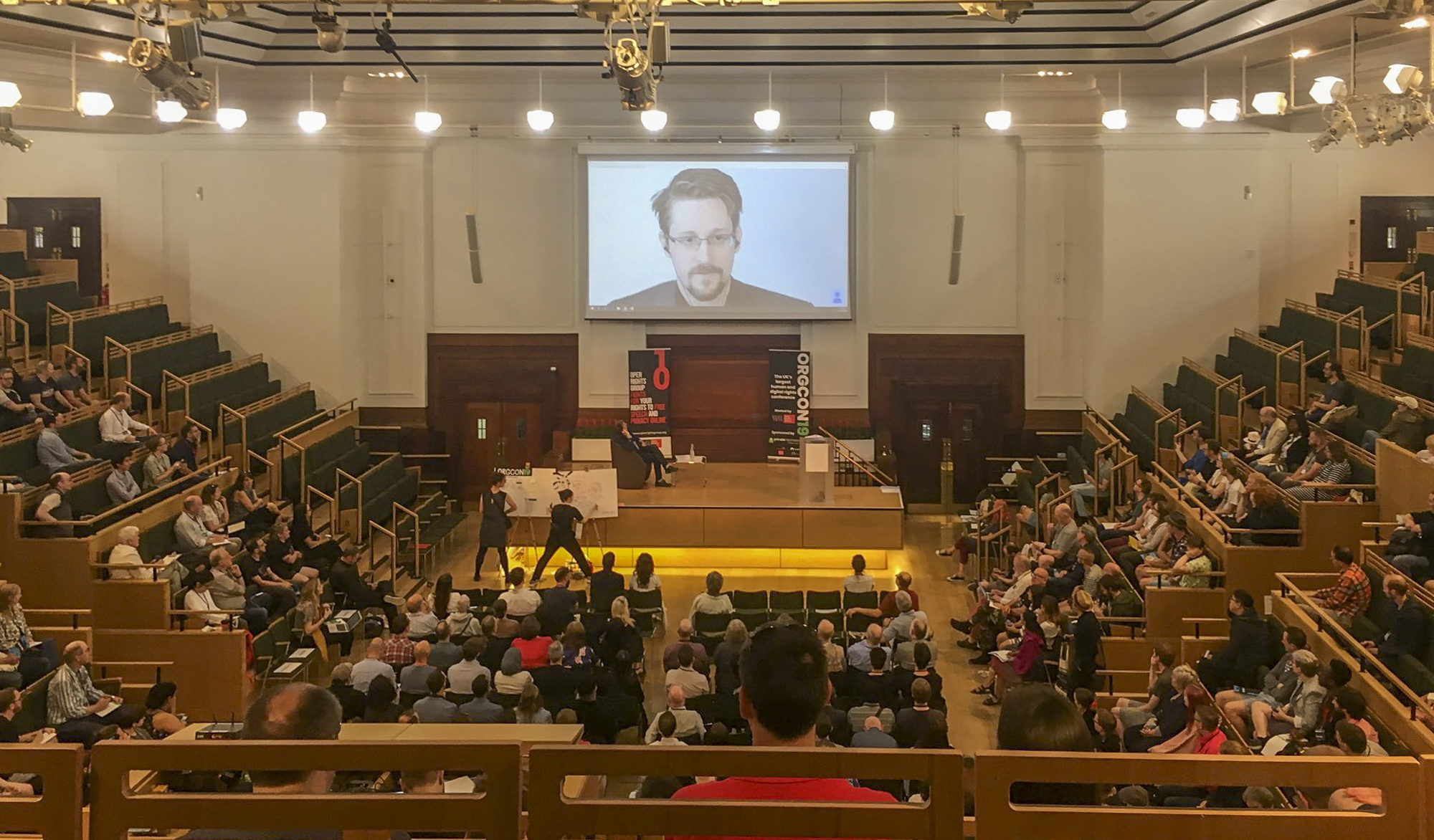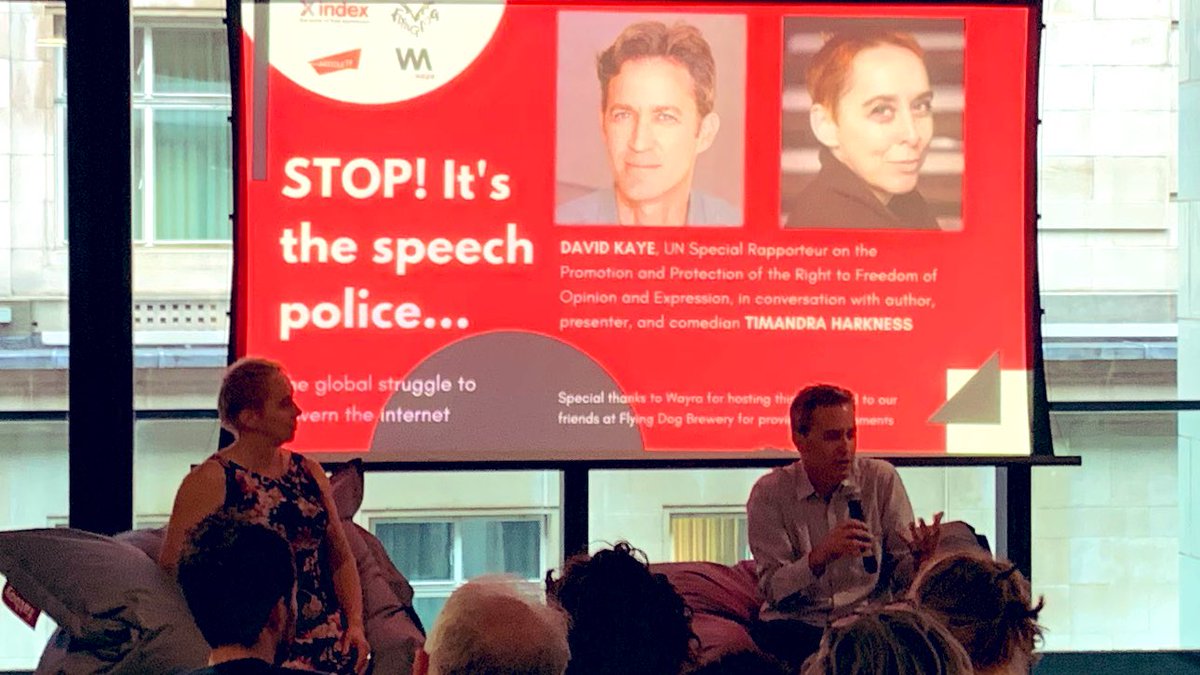Last year’s Internet Governance Forum in Baku, Azerbaijan proved controversial due to the choice of host. This year’s event, in Bali, Indonesia was bound to be contentious, after Edward Snowden’s leaks on the US’s PRISM programme. PRISM and TEMPORA (the UK system of mass surveillance) were a lightening rod for general discontent from activists who feel an increasing sense of ill ease over the state of internet freedom. Many of the sessions were bad-tempered affairs with civil society rounding on the perceived complacency of government officials from democracies who refused to state their opposition to mass state surveillance in clear enough terms.
US rep use the phrase “alleged US intelligence practices” and then continue by saying: “everyone does it” #IGF2013SV #IGF2013
— Mattias Bjärnemalm (@_Mab_) October 25, 2013
Nothing more fantastic than watching a room full of delegates burst into laughter at pathetic lies from Chinese & U.S. officials. #IGF2013
— Asher Wolf (@Asher_Wolf) October 25, 2013
Remote comment from Holland disagrees with Dutch govt rep on the panel who said Snowden has blown over… #IGF2013
— MadelineCarr (@MadelineCarr) October 24, 2013
At an event hosted by the Global Network Initiative, Index on Censorship, andPakistan’s Centre for Social and Policy Analysis, a US government official was heckled by the audience when he attempted to justify PRISM as an anti-terrorism measure. Of particular concern for delegates was a sense that PRISM is now being used by less democratic and authoritarian states to justify their own surveillance systems. The Chinese were quick to point out the ‘double standards’ of the US at this workshop, following it with appalling doublespeak to gloss over their poor domestic record on human rights violations. A point I challenged them on in no uncertain terms.
WOW China is actually lecturing the US on #prism THIS IS SO DEPRESSING #igf2013
— Michael Harris (@mjrharris) October 23, 2013
Participants in the workshop from across the globe from Pakistan to South Africa stated their concern that a race to the bottom is beginning with new surveillance capacities being debated in countries such as Russia, New Zealand and the UK. Other areas of concern at the workshop included the increasing use of filters at ISP level (in particular in Indonesia where a significant number of ISPs are adopting filtering) and the pressure now felt by Telcos from states who are imposing burdensome requirements to filter content. One worrying prospect is that the ITU will succumb to a push to ensure Telcos do not distribute ‘blasphemous’ content which could lead to the full Balkanisation of the internet.
Although the outlook is bleak, civil society is pushing back at corporations and governments. Bytes for All in Pakistan has done impressive work in chronicling censored online content. A number of coalitions strengthened at the IGF with closer co-operation between international NGOs to take on mass state surveillance. This weekend, a number of US NGOs will rally in Washington DC against the PRISM programme with thousands expected to take to the streets. Index on Censorship’s #DontSpyOnMe petition of 7,000 signatures was this week sent to Lithuanian President Dalia Grybauskaitė, who currently hold the Presidency of the Council of the EU, and Herman van Rompuy, President of the European Council. The EU heeded our calls to discuss mass surveillance at the Council of Ministers meeting – a big success. The pressure on corporations is being felt too, Telcos came under particular fire for their willingness to install surveillance equipment in their networks. Yet, many are beginning to speak publicly over the pressures they feel from states and the need for transparency so their users are at least aware of the surveillance they may be subject to and so can adjust their behaviour accordingly. Meanwhile, Google launched new tools to illustrate the threats the internet faces. The Digital Attack Map is a realtime website displays DDOS attacks and where they originate from – useful in tracking attacks on civil society websites from state-run or criminal botnets. Google also launched a project to provide free, secure web hosting for internet activists under attack.
One of the strengths of the IGF is the broadness of the workshop programme. From the challenges felt by the disabled online, minority rights online, through to bridging the ‘digital divide’ between the rich and poor both internationally and internally within even wealthier countries, the IGF covered a significant amount of ground. Yet, one of the big challenges to the IGF is how to engage a wider section of civil society. While the IGF was better attended by delegates from South-East Asia, fewer delegates from Europe and the Middle East were visible during this IGF. This remains a challenge to the organisers, with too much interaction from those physically present at the conference and too little from the many remote participants, many of whom couldn’t afford the air fare to Bali but have much to contribute. Bridging this divide will be important in the future.
The tone of this IGF was set by the Snowden revelations. The US and other Western democracies were on the back foot, in stark contrast to their confident promotion of net freedom in Baku. Without openess, increased transparency and an end to mass surveillance it’s hard to see how they will regain their moral authority, leaving a huge vacuum at the heart of these debates. A vacuum that others – in particular China – are willing to fill. The battle to keep the multistakeholder, open internet free from top-down state interference is on-going. The IGF should give once confident advocates of net freedom serious pause for thought.




